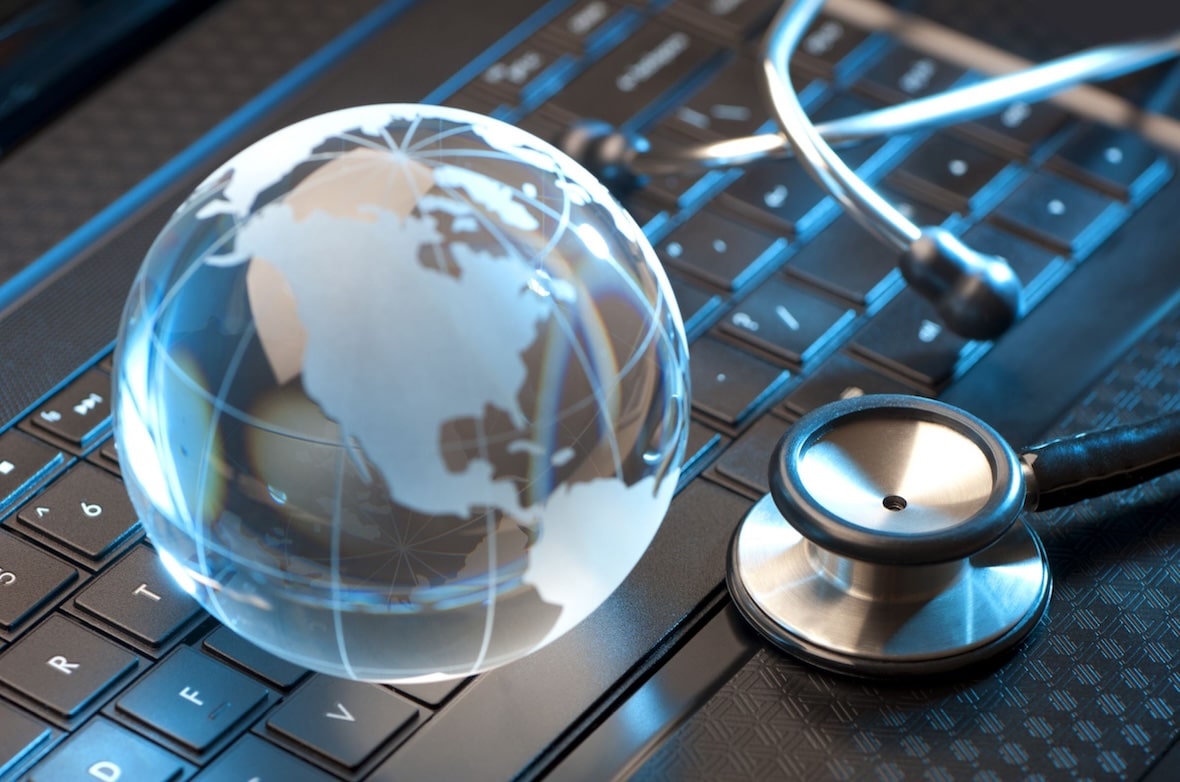Q: What is Precision Driven Health?
A: Precision Driven Health is a research partnership that applies machine learning to data sets in order to improve health outcomes by delivering a more personalised experience for patients.
It was formed when Orion Health, the University of Auckland and Waitematā District Health Board recognised that we all had capabilities that we could bring together. New Zealand has 20 years of electronic records, so there is good data to work with. The university has some world class data scientists and Orion Health has global software expertise.
We received some support from the government and set out to make New Zealand a test bed for tools that would not only improve health outcomes in this country but that could be taken out to the rest of the world.
Q: Why is New Zealand such a good test bed for this work?
A: From our point of view, one of the most important factors is that it has a single ID number – the National Health Index number, that has been in use for some time. New Zealand’s health system is quite like the UK in many respects. It is a single-payer system, it has health boards that are similar to trusts, and acute, community and primary care is separated.
Different organisations use different IT systems, but use of the NHI number means that, while it is not necessarily stored in one place, it is simpler than it is in most other countries to extract and match historical data. New Zealand also has an Integrated Data Infrastructure that makes it possible to link public sector data sets and examine data over time.
For example, we can study the impact of people’s experience of the education or welfare systems on their health or later involvement in the criminal justice system; which is not something that many countries can do.
Q: What kind of tools have been developed?
A: New Zealand is a small country in the South Pacific with some unique features that are not always recognised by people who build medical assessment tools. So one of our priorities was to create a website with authentic clinical risk assessment tools based on New Zealand data.
The website that we created has 23 tools and calculators that range from a simple Body Mass Index calculator to sophisticated tools for medical professionals to use in clinical practice. One of the best-known is nzRISK, which is a simple risk calculator for patients undergoing non-cardiac surgery.
That was a particularly interesting project because the head of surgery at Auckland City Hospital was determined that the outcome of the work should be available to everybody, so we had to do a lot of validation work before it was published and think carefully about how to explain it to the public.
Q: You will be talking about some of the ‘lessons learned’ at this year’s conference. What are they?
A: A common theme in data science is that it is not using data that is difficult. What is difficult is getting good data and understanding the context of that data, and the impact that that has on the model you are working with. There is a temptation to simply automate decisions and processes; but that is not a good way to go if what was done historically had poor outcomes.
nzRISK is a good example. New Zealand hospitals were using a calculator that was based on a British study of a small population. It was not attuned to the New Zealand population, particularly the Maori population, which had poor outcomes. We had to dig down into our data to account for that.
Another lesson is that you need to think hard about how much information to give people about the model. There is a debate going on in the research community about how much people really need to understand the products of data science in order to use them; but I think we need to make sure that people have confidence in what we are doing.
Q: Orion Health is starting to release data science products to customers. What is available?
A: We have a few products in our suite. The first is a Machine Learning Manager that enables a customer to manage lots of algorithms in one place. What we are finding is that clinicians are using a lot of calculators, but they are going to different websites to use them, and it can be hard to assess their quality and whether they are up to date.
The Machine Learning Manager makes it easy to see what is being used and to manage that. It can be built into our Clinical Portal or run from the analytics platform that we call Discover. Then, we have something called document tagger (we might need to work on the name), which takes text and adds labels, or meta-data to it, so it is easier to code and search.
And we are in the process of releasing a data de-identification tool. We built this because we need anonymised data to do our work, and we realised that some of the data we were receiving was not de-identified as well as it could be. We have a lot of customers who want to start using their data sets without revealing the underlying patient details, so we are finding a lot of interest in that.
Q: Are you looking for UK organisations to get involved in your work?
A: One of the original aims of Precision Driven Health was to create tools that could be taken out to the rest of the world, and Orion Health now has a suite of machine learning tools that can be used by customers. Some examples include a length of stay predictor and a readmission risk assessment.
We are looking for opportunities to test and adapt both the tools and models that have been developed through this partnership, and potentially extending our data science partnership into the United Kingdom. That could mean sharing data or models and tuning our previous work to take account of factors that affect outcomes in the local population, or it could be taking our new technology tools and adopting them for a UK organisation to use internally.
Q: Where is health when it comes to using data and applying machine learning and AI?
A: Health has fallen behind other industries in its use of data and machine learning. Partly, that’s for practical reasons; it’s only relatively recently that we have had electronic health records and sufficient computational power to handle the huge volumes of data that are being generated.
Partly, that’s for cultural reasons; understandably, health wants to get things right and you need really good engagement from clinicians and citizens. While it is early days, it is clear that health is going to make more and more use of big, anonymised data sets, both to open up new avenues for research and to process data.
Traditionally, medical research has conducted targeted studies on relatively small subsets of the population at an academic pace. But we are getting to the point where we can start to ask bigger questions of larger populations in something close to real-time.
At the same time, we are starting to see machine learning used in some specific areas of healthcare, such as radiology and pathology. That will build confidence, as people see that a machine can ‘read’ a scan or a slide better than a human.
We are also starting to see machine learning used in tools and chatbots that introduce elements of ‘self-service’ to health that are quite common in other industries. That will reduce the cost and improve the efficiency of healthcare, as more people do routine tasks, such as booking, themselves, and are directed to the right treatment, first time.
It will also generate more data, to support further developments. Healthcare is set to become a key focus for the application of data science; and its potential is almost limitless.



